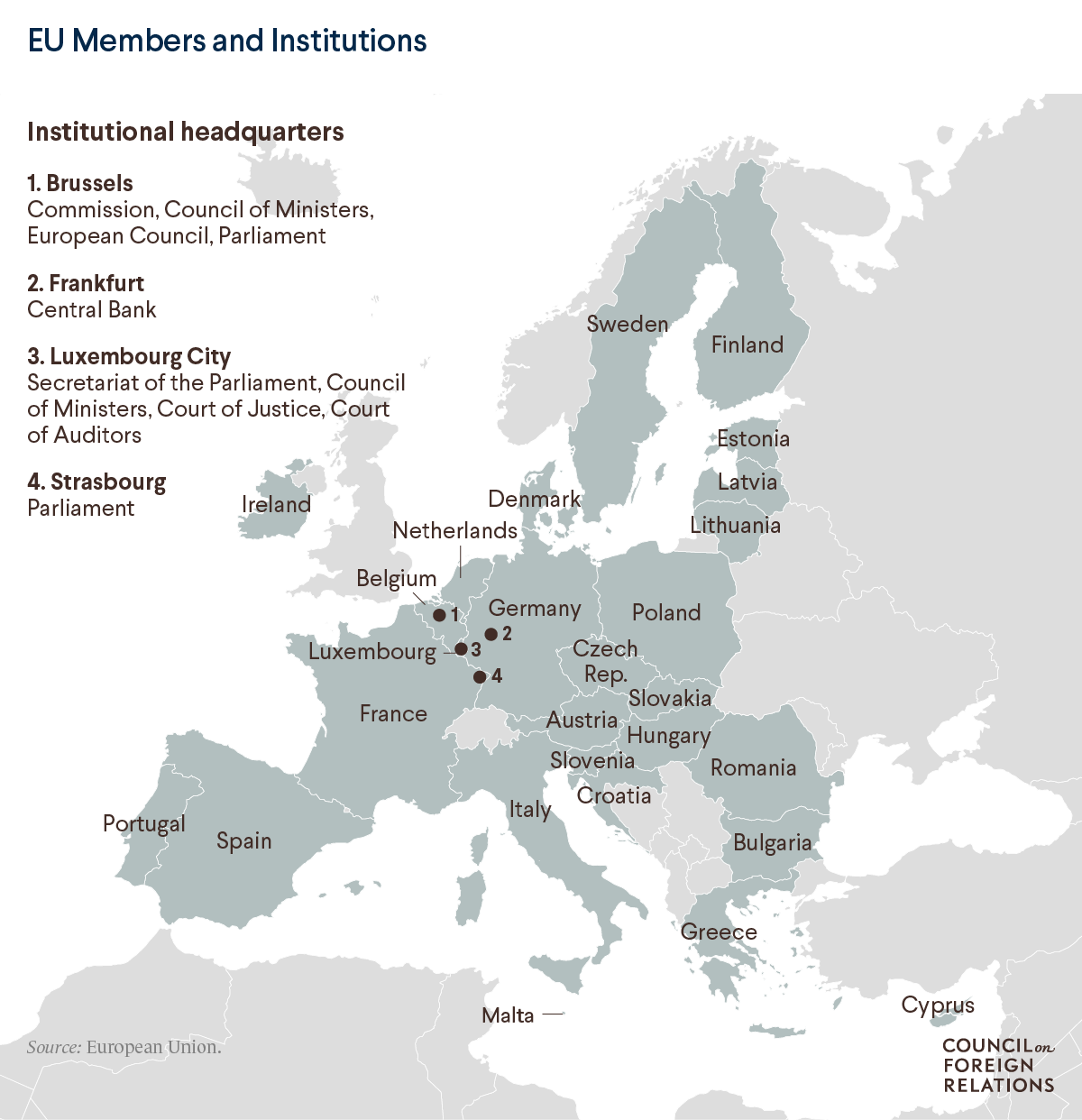
Balancing Justice: Insights into the Criminal Justice System
Foundations of Justice: Understanding the System
The criminal justice system is the cornerstone of societal order, encompassing law enforcement, the legal system, and corrections. Its foundations lie in the pursuit of justice, aiming to maintain public safety, protect individual rights, and impose consequences for criminal actions. Understanding the intricacies of this system is essential for comprehending its impact on individuals and communities.
Law Enforcement: First Line of Defense
Law enforcement serves as the first line of defense in the criminal justice system. Police officers investigate crimes, apprehend suspects, and gather evidence. Their role extends beyond maintaining public order; it involves upholding the rights of individuals and ensuring a fair and just process from the moment an alleged crime is reported.
Legal Process: Navigating Courts and Due Process
The legal process within the criminal justice system involves navigating courts and upholding due process. Courts serve as arenas where evidence is presented, legal arguments are made, and verdicts are rendered. Due process ensures that individuals accused of crimes receive fair treatment, a fundamental principle that protects against arbitrary government actions.
Prosecution and Defense: Advocating for Justice
Within the legal process, the roles of prosecution and defense are pivotal. Prosecutors represent the state, presenting evidence and arguments to secure convictions. Defense attorneys, on the other hand, advocate for the rights of the accused, ensuring a robust defense and holding the prosecution accountable. This adversarial system aims to achieve justice through a fair and balanced legal proceeding.
Corrections: Rehabilitative and Punitive Measures
The corrections component of the criminal justice system is responsible for carrying out sentences and managing offenders. This involves both rehabilitative efforts aimed at reintegrating individuals into society and punitive measures designed to deter criminal behavior. Balancing these objectives requires a nuanced understanding of individual cases and societal needs.
Challenges in the System: Addressing Injustices
While the criminal justice system plays a crucial role, it is not without challenges. Issues such as systemic biases, wrongful convictions, and disparities in sentencing require continuous attention and reform. Recognizing and addressing these challenges is essential for fostering a more equitable and effective criminal justice system.
Role of Technology: Enhancing Investigations and Oversight
Advancements in technology have significantly impacted the criminal justice system. From forensic tools that aid investigations to surveillance systems that enhance public safety, technology has transformed the landscape. Additionally, increased transparency through body cameras and data analysis contributes to accountability and oversight within the system.
Community Engagement: Fostering Trust and Collaboration
Community engagement is integral to the success of the criminal justice system. Building trust between law enforcement and the community, fostering dialogue, and implementing community policing strategies contribute to effective crime prevention and resolution. Collaboration between the justice system and the community is a cornerstone of a well-functioning system.
International Perspectives: Learning from Global Models
Exploring international perspectives on criminal justice provides valuable insights. Comparative analysis allows jurisdictions to learn from each other, adopting best practices and adapting policies to address shared challenges. This global exchange of ideas contributes to the ongoing evolution and improvement of criminal justice systems worldwide.
For more insights into the criminal justice system, visit Josslawlegal.my.id. Navigating the complexities of this system requires a comprehensive understanding of its components and a commitment to continuous improvement. The pursuit of justice is a collective effort that involves individuals, communities, and legal professionals working together to balance rights, accountability, and public safety.



